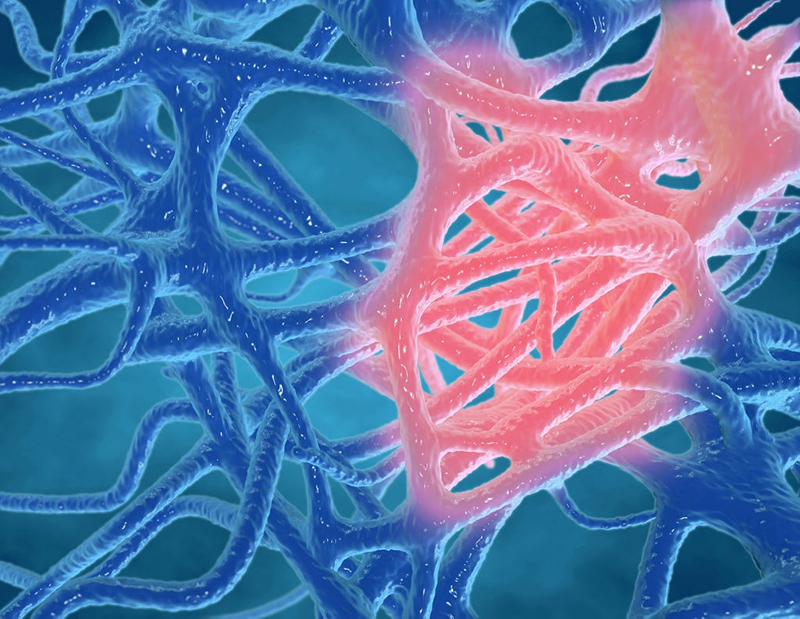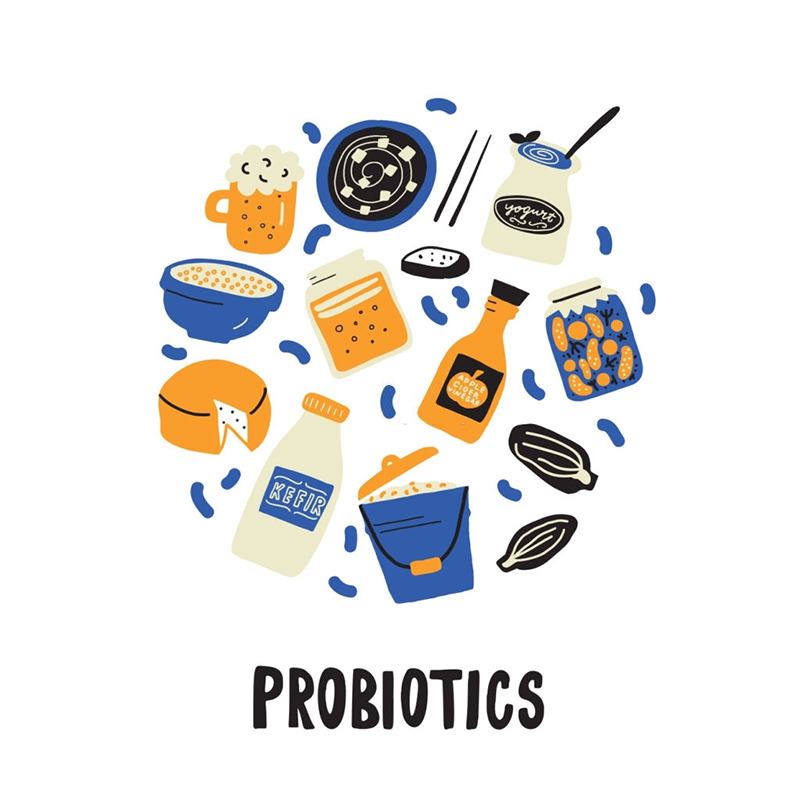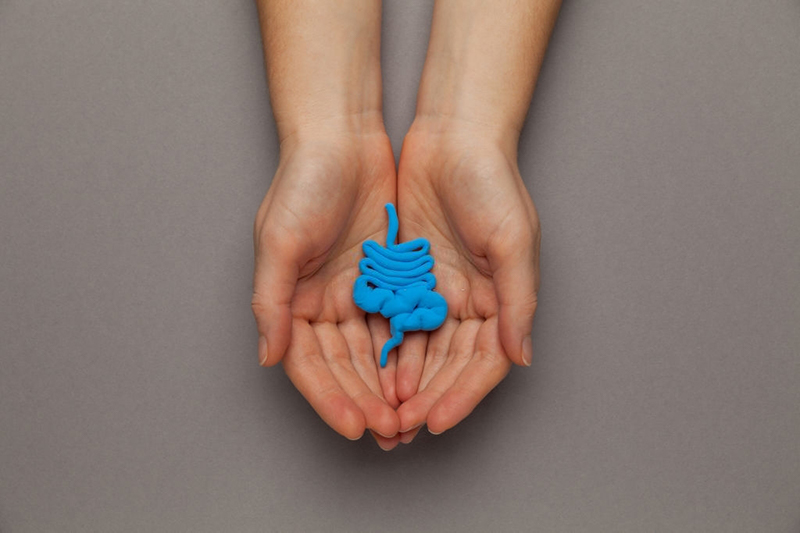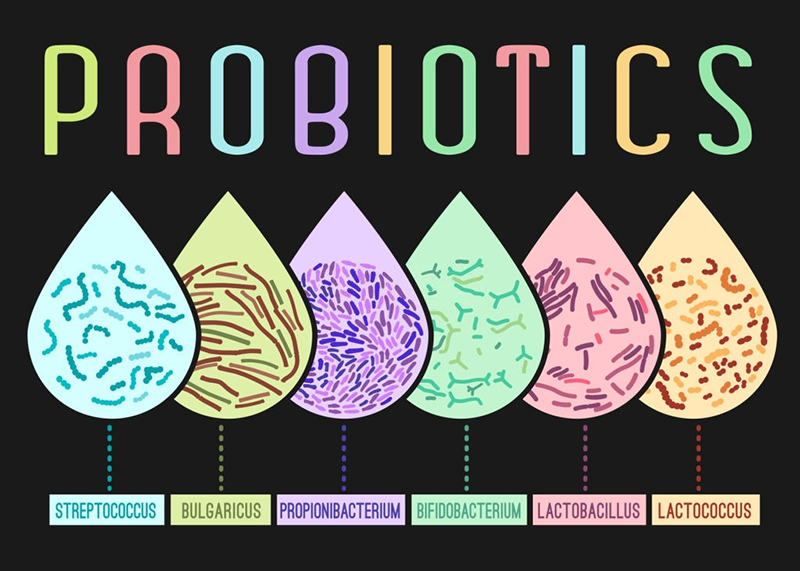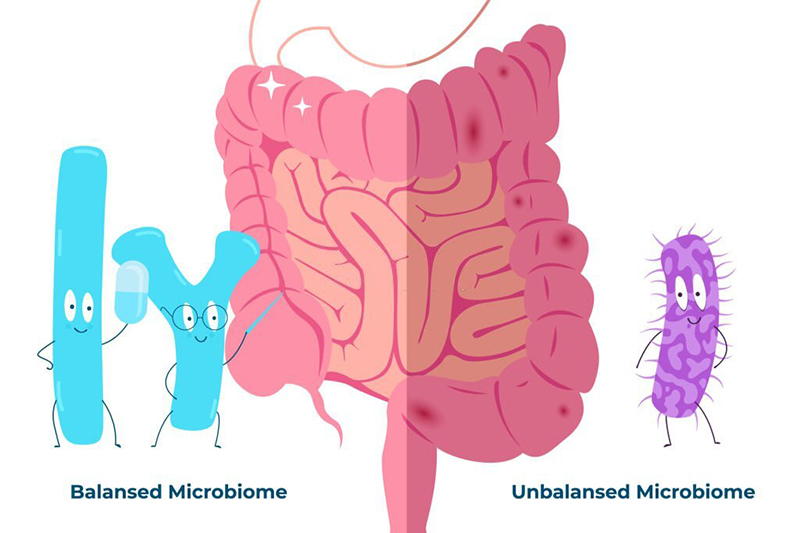Inflammation is one of our most important risk factors for disease. It can be found in the gut, causing poor digestion, in the brain, causing disorders like Alzheimer’s and Dementia, or all over the body. Inflammation is the body’s response to poisons and diseases in the environment in order to keep us from getting sick. probioticseverything.comprobiotics c reactive protein
High-sensitivity C-reactive protein is the most powerful marker for total body inflammation (hs-CRP). This protein indicates whether or not your body is inflamed. This protein is produced by everyone and helps to fight infection at normal levels. hs-CRP levels have been linked to the chance of developing cardiovascular disease, with levels below 1 mg/L being associated with the lowest risk, levels between 1 and 3 mg/L being average risk, and levels above 3 mg/L being connected with the highest risk, according to research. There is, however, more to the story. Low-grade inflammation has also been linked to the development of type 2 diabetes in recent research. Inflammation can be exacerbated by a variety of circumstances, including stress, poor diet, lack of physical activity, and an overall unhealthy lifestyle. A collection of stress-relieving techniques is provided below. probioticseverything.comprobiotics c reactive protein
- Reduce your sugar intake because sugar causes inflammation and is the source of fuel for many chronic diseases. Reducing your intake will not only help you lower your CRP levels, but it will also minimize your illness risk. probioticseverything.comprobiotics c reactive protein
- Consume a well-balanced diet- Consuming a diet rich in omega-3 sources (such as fatty fish and grass-fed beef) will help to reduce inflammation because this healthy fat has anti-inflammatory qualities. Fat-soluble vitamins (A,D,E, and K) can also help to reduce inflammation in the body. probioticseverything.comprobiotics c reactive protein
- Get a good night’s sleep—decent sleep is important to our health in many ways. It can help you be more productive, reduce your risk of weight gain and chronic disease, boost your immune system, and reduce your chance of depression. Sleep also has the vital role of decreasing CRP levels. probioticseverything.comprobiotics c reactive protein
- Exercise has been demonstrated to reduce inflammation levels and the risk of all morbidity disorders. It can also improve mood, energy, and overall wellness. probioticseverything.comprobiotics c reactive protein
- Increase your probiotic intake- studies has shown that consistent intake of probiotics (naturally obtained or supplementation) might reduce inflammation and decrease CRP levels2. Kefir, kombucha, yogurt, and other fermented foods are good sources of probiotics. probioticseverything.comprobiotics c reactive protein
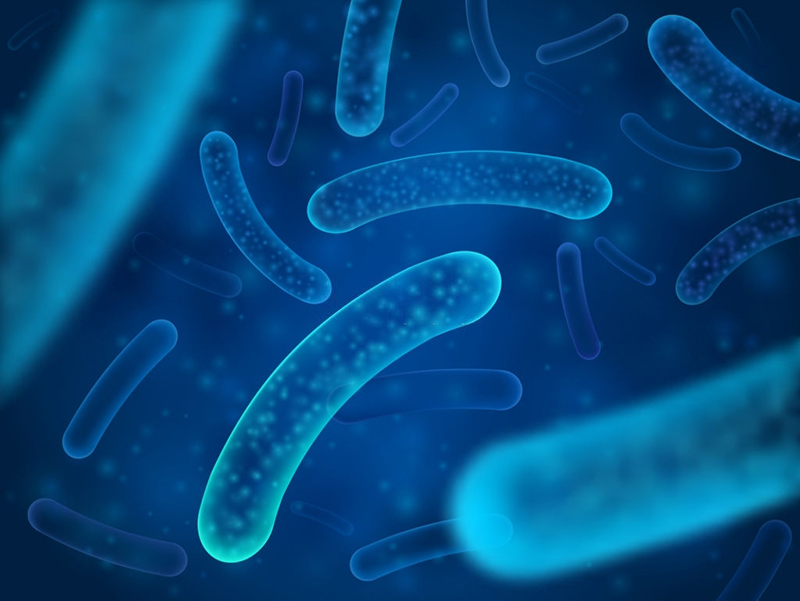
- Be happy and mindful- being positive and keeping bad interactions at bay can help to reduce inflammation in the body. Mindfulness training, such as meditation and being present, has been demonstrated to reduce inflammation by slowing down and reducing stress. probioticseverything.comprobiotics c reactive protein
- Become a yogi or a tai chi master! Slower, calming activities can also help to reduce stress and inflammation. You can improve self-awareness, mindfulness, muscle strength, and toning by practicing these relaxing techniques. probioticseverything.com
- Get enough B vitamins—there are a lot of B vitamins, but they all play a role in the body and in lowering inflammation. The B vitamins, which are involved in the methylation pathway3, are the most common. Homocysteine levels can rise when these vitamins are low, which is linked to greater CRP levels.
- Reduce alcohol consumption—reduced alcohol consumption has been linked to decreased CRP levels. When eaten in moderation, red wine can help to reduce inflammation. This is due to the wine’s antioxidant capabilities.
- Get a cup of coffee—great that’s news, right? Because of their polyphenols and other anti-inflammatory chemicals, coffee and green tea have been linked to decrease CRP levels.
Related Posts


